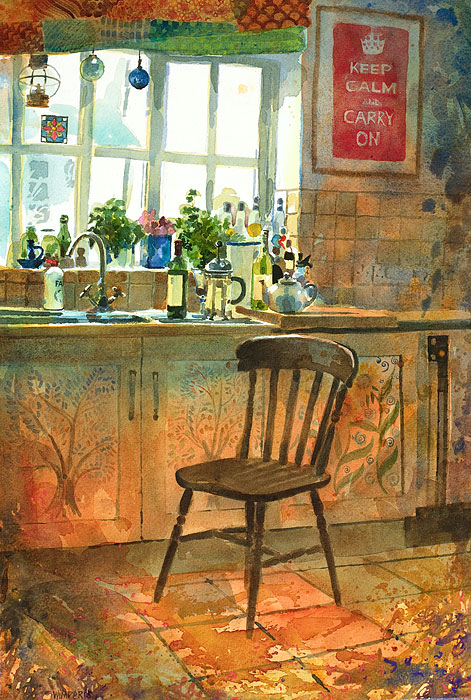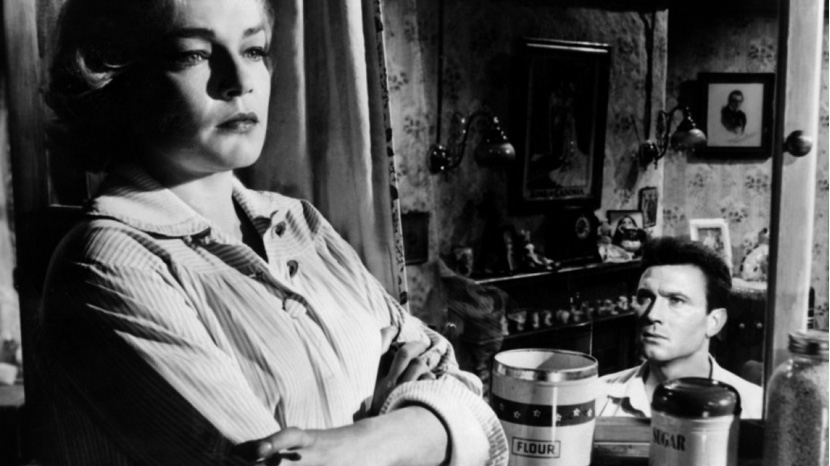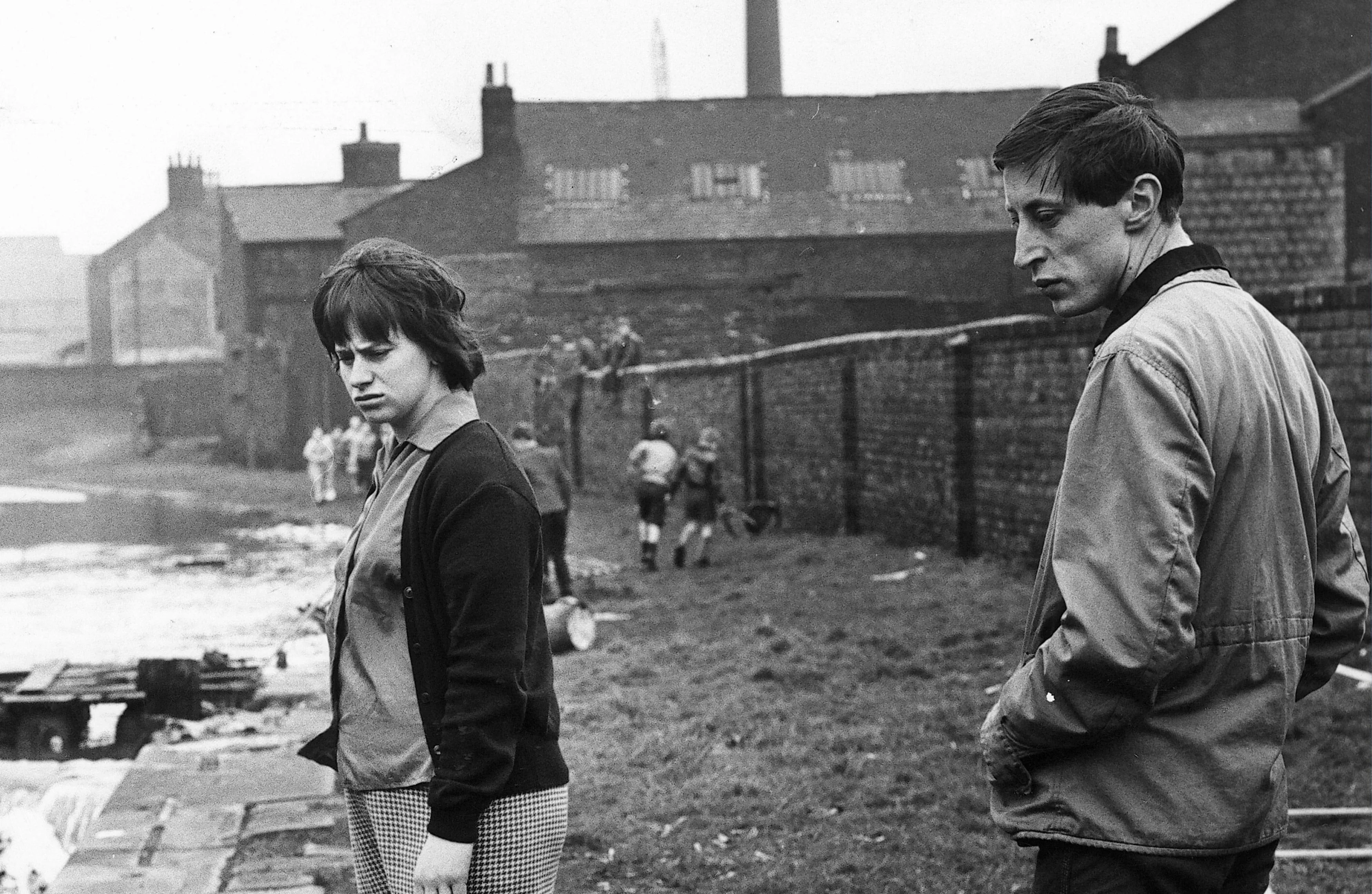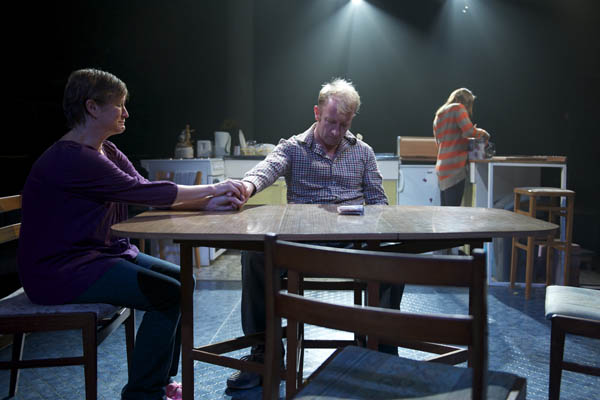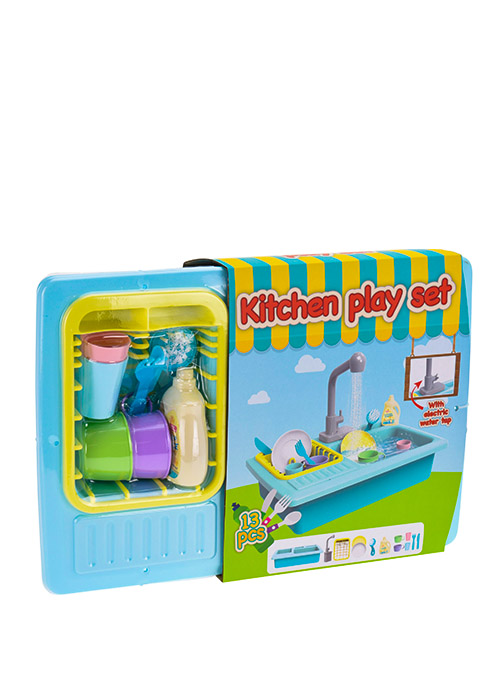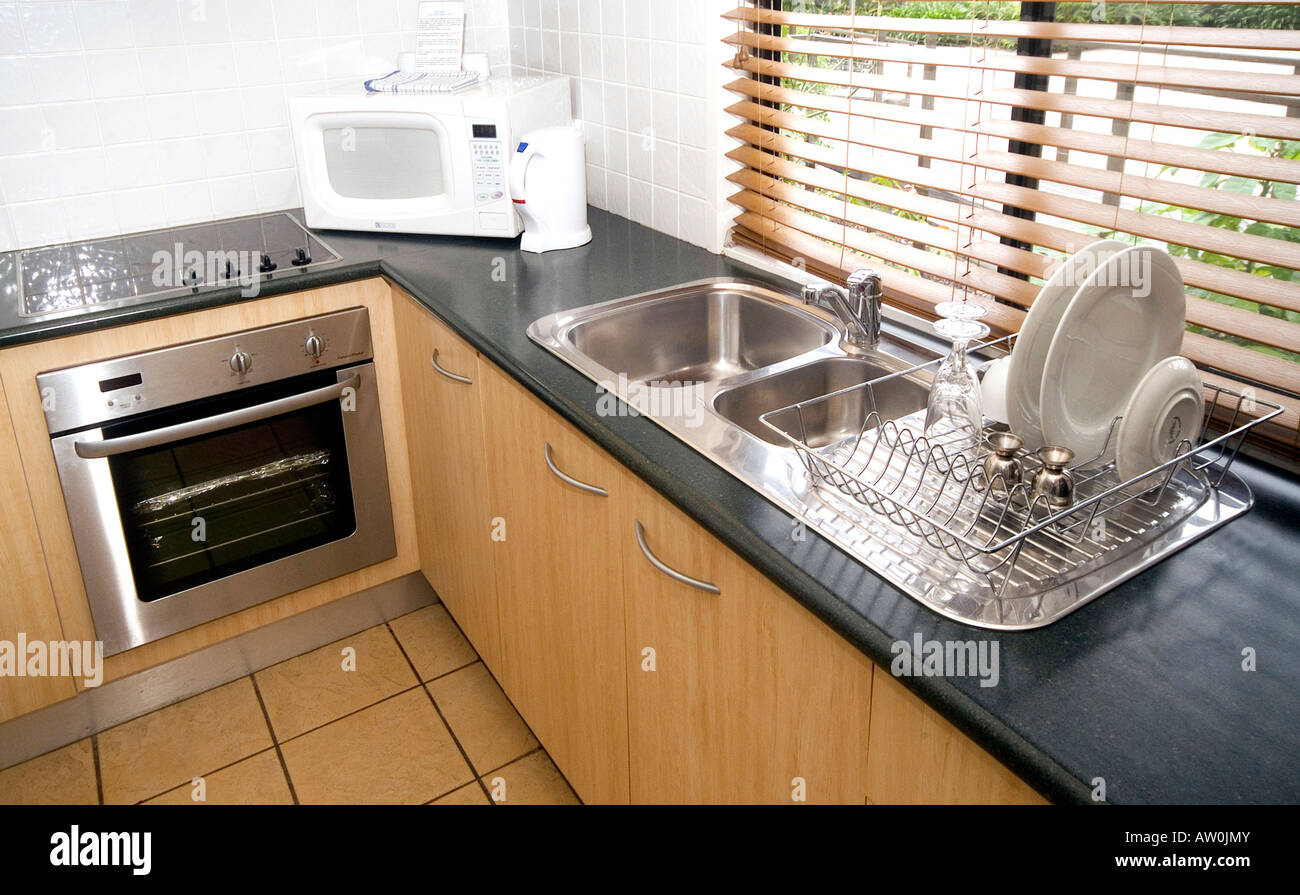Kitchen Sink Drama: Exploring the Raw and Realistic
Kitchen sink drama, also known as kitchen sink style or kitchen sink genre, is a prominent form of storytelling that emerged in the 1950s and 1960s in Britain. It is a genre that focuses on the lives of working-class individuals and their struggles, often set in a domestic or mundane setting such as a kitchen. The term "kitchen sink" actually refers to the common household item that symbolizes the everyday and ordinary. However, in the hands of skilled writers and filmmakers, kitchen sink drama transforms into a powerful and thought-provoking form of art.
The Origins of Kitchen Sink Drama
Kitchen sink drama was a product of its time, emerging in post-World War II Britain. This period was marked by social and political changes, and the working class was gaining more representation in literature and entertainment. The genre was heavily influenced by the theatre of realism, which aimed to depict life as it truly is, without idealization or romanticism. Kitchen sink drama was a departure from the more traditional and polished forms of storytelling, and it sought to show the raw and gritty reality of everyday life.
Kitchen Sink Theatre and Film
Kitchen sink drama is not limited to one medium of storytelling. It has been explored and celebrated in both theatre and film. In theatre, it is characterized by naturalistic acting, minimalistic sets, and a focus on dialogue and character development. The genre has produced iconic plays such as "Look Back in Anger" by John Osborne and "A Taste of Honey" by Shelagh Delaney. In film, kitchen sink drama has been known to showcase stark and starkly realistic portrayals of working-class life, often with a touch of social commentary. Some notable examples include "Saturday Night and Sunday Morning" and "A Kind of Loving."
Kitchen Sink Realism: The Good, the Bad, and the Ugly
Kitchen sink drama has received both praise and criticism for its unflinching portrayal of working-class life. Supporters argue that it brings much-needed representation to a marginalized group and highlights important social issues. On the other hand, critics argue that it perpetuates negative stereotypes and presents a narrow view of the working class. However, one cannot deny the impact and lasting legacy of kitchen sink drama in the world of art and entertainment.
The Power of Kitchen Sink Characters
One of the defining features of kitchen sink drama is its focus on characters. These characters are often complex, flawed, and relatable, making them compelling to watch. They are not perfect or larger than life, but they are human, with their own struggles and desires. Kitchen sink characters are often at the center of the story, driving the narrative forward and making the audience invested in their journey.
The Significance of Kitchen Sink Setting
As the name suggests, the kitchen is a recurring setting in kitchen sink drama. This seemingly ordinary and mundane space becomes a symbol for the struggles and conflicts that take place within it. The kitchen, a place where food is prepared and shared, also becomes a melting pot for emotions and tensions. It represents the heart of the home and the heart of the story, making it a crucial element in kitchen sink drama.
The Role of Kitchen Sink Acting
Kitchen sink drama requires a different style of acting compared to other genres. Naturalism and authenticity are key, and actors must be able to embody the everyday struggles of their characters. This type of acting requires vulnerability and a deep understanding of the character's motivations and emotions. It is a challenging but rewarding form of acting that has produced some of the most memorable performances in theatre and film.
Kitchen Sink Drama: A Timeless Genre
Despite being rooted in a specific time and place, kitchen sink drama has stood the test of time and continues to be relevant today. Its exploration of social issues, compelling characters, and raw realism make it a genre that will always resonate with audiences. As society continues to evolve and change, kitchen sink drama will continue to evolve and adapt, showcasing the struggles and triumphs of the working class in new and meaningful ways.
In Conclusion
Kitchen sink drama is a powerful form of storytelling that has left a lasting impact on the world of art and entertainment. Its focus on the ordinary and everyday makes it relatable and thought-provoking, and its exploration of social issues makes it relevant and important. Whether in theatre or film, kitchen sink drama continues to captivate and challenge audiences, proving that the raw and realistic can be just as captivating as the extraordinary.
The Allure of Kitchen Sink Style Drama in House Design

Unleash Your Creativity with Kitchen Sink Style Drama
 When it comes to designing a house, there are endless possibilities and styles to choose from. From sleek and modern to cozy and rustic, each design captures a unique personality and style. However, one design trend that has been gaining popularity in recent years is the "kitchen sink style drama." This term may sound intriguing, but what exactly does it entail?
Kitchen sink style drama
refers to a design approach that incorporates multiple elements and styles in one space, resulting in a visually stunning and dynamic look. It is a perfect balance between chaos and cohesion, creating a sense of drama and excitement in the room. This style is not just limited to the kitchen area, but it can be incorporated in any room of the house.
When it comes to designing a house, there are endless possibilities and styles to choose from. From sleek and modern to cozy and rustic, each design captures a unique personality and style. However, one design trend that has been gaining popularity in recent years is the "kitchen sink style drama." This term may sound intriguing, but what exactly does it entail?
Kitchen sink style drama
refers to a design approach that incorporates multiple elements and styles in one space, resulting in a visually stunning and dynamic look. It is a perfect balance between chaos and cohesion, creating a sense of drama and excitement in the room. This style is not just limited to the kitchen area, but it can be incorporated in any room of the house.
How to Achieve Kitchen Sink Style Drama
 The key to achieving this style is to mix and match different elements, textures, and colors in a cohesive manner. This can be achieved by selecting a
featured color
or theme and incorporating it throughout the room. For example, you can choose a bold color like
red
and incorporate it through
accent pieces
,
wallpaper
, and
upholstery
in different areas of the room.
Another way to achieve this style is by mixing different styles and eras. For instance, you can combine
modern
and
traditional
elements, such as a sleek
marble
countertop with a
vintage
chandelier. This creates an eclectic and visually interesting look.
The key to achieving this style is to mix and match different elements, textures, and colors in a cohesive manner. This can be achieved by selecting a
featured color
or theme and incorporating it throughout the room. For example, you can choose a bold color like
red
and incorporate it through
accent pieces
,
wallpaper
, and
upholstery
in different areas of the room.
Another way to achieve this style is by mixing different styles and eras. For instance, you can combine
modern
and
traditional
elements, such as a sleek
marble
countertop with a
vintage
chandelier. This creates an eclectic and visually interesting look.
The Benefits of Kitchen Sink Style Drama
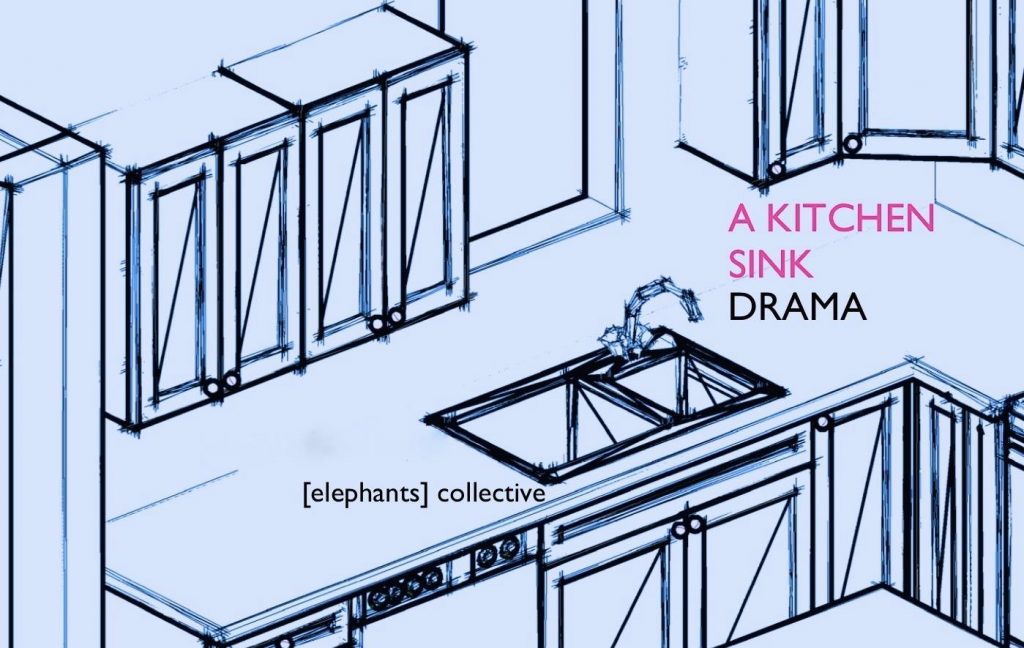 Not only does this style add a unique and dramatic touch to your house design, but it also allows for
personalization
and
creativity
. You can add your own personal touch by incorporating items that hold sentimental value or reflect your interests and hobbies. Moreover, this style allows for versatility and change. You can easily switch up the elements and colors to create a new look without having to completely redesign the space.
In conclusion,
kitchen sink style drama
is a bold and exciting approach to house design that allows for creativity and personalization. By mixing and matching different elements and styles, you can achieve a visually stunning and dynamic look in any room of your house. So, unleash your creativity and incorporate this trend in your next house design project.
Not only does this style add a unique and dramatic touch to your house design, but it also allows for
personalization
and
creativity
. You can add your own personal touch by incorporating items that hold sentimental value or reflect your interests and hobbies. Moreover, this style allows for versatility and change. You can easily switch up the elements and colors to create a new look without having to completely redesign the space.
In conclusion,
kitchen sink style drama
is a bold and exciting approach to house design that allows for creativity and personalization. By mixing and matching different elements and styles, you can achieve a visually stunning and dynamic look in any room of your house. So, unleash your creativity and incorporate this trend in your next house design project.

